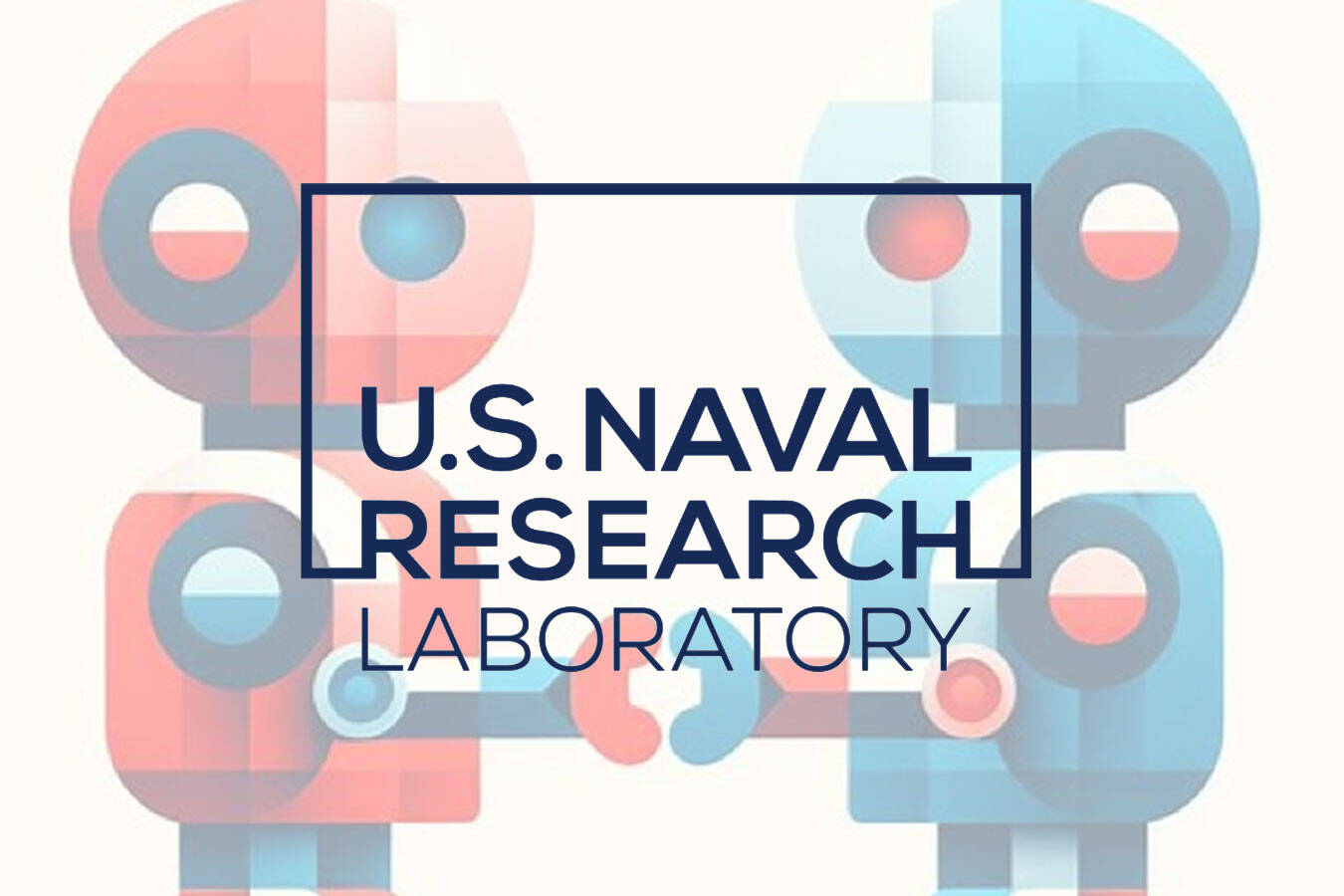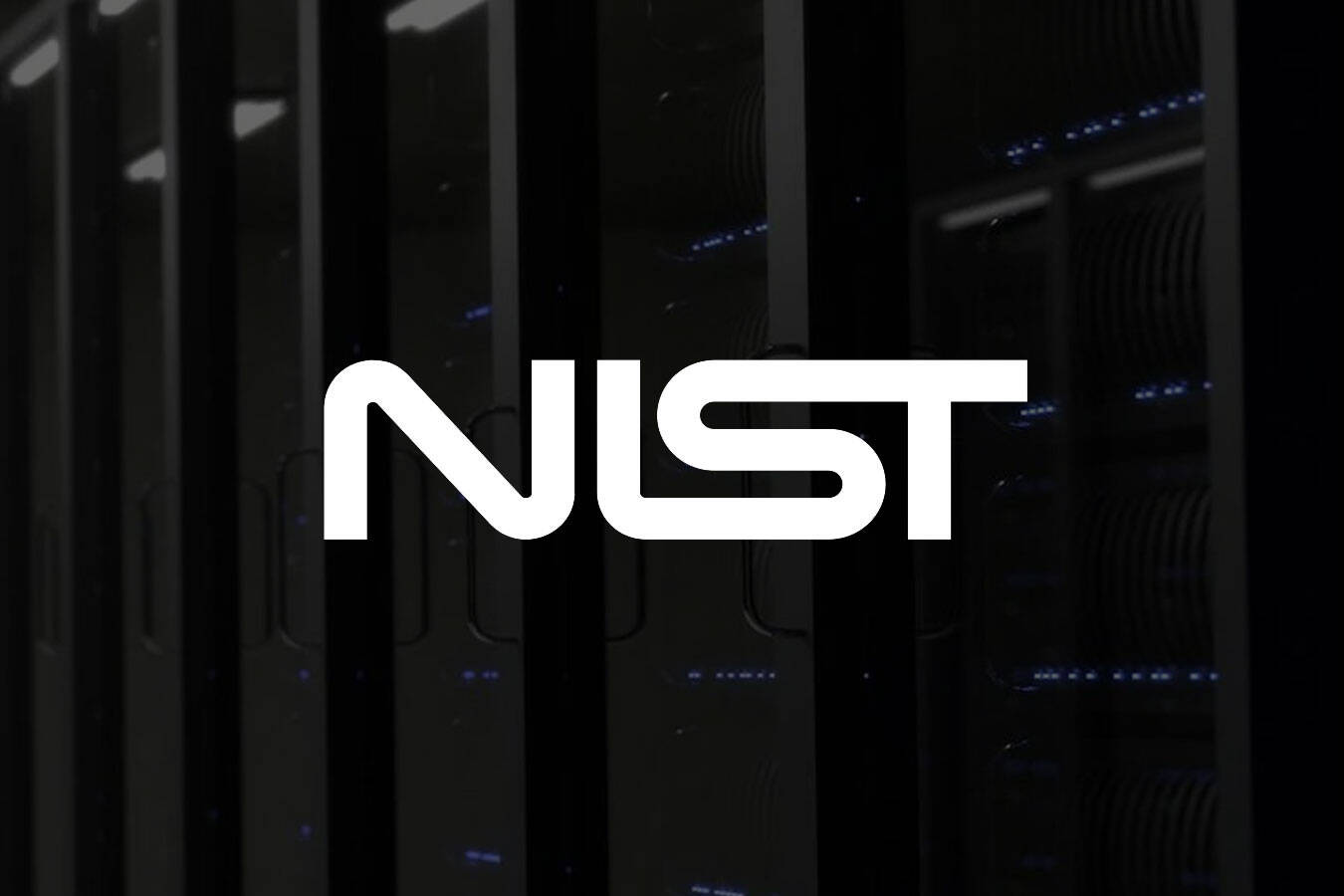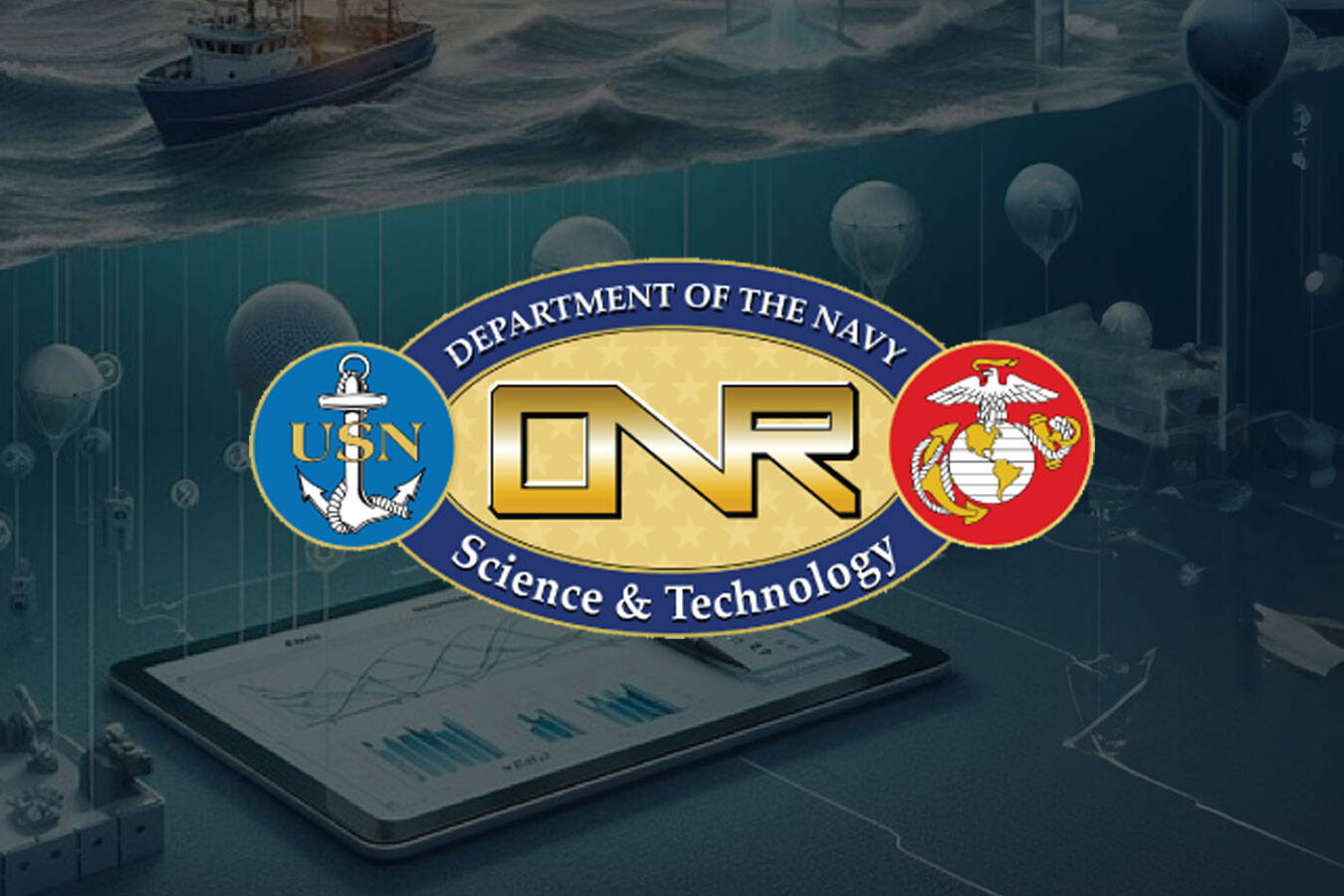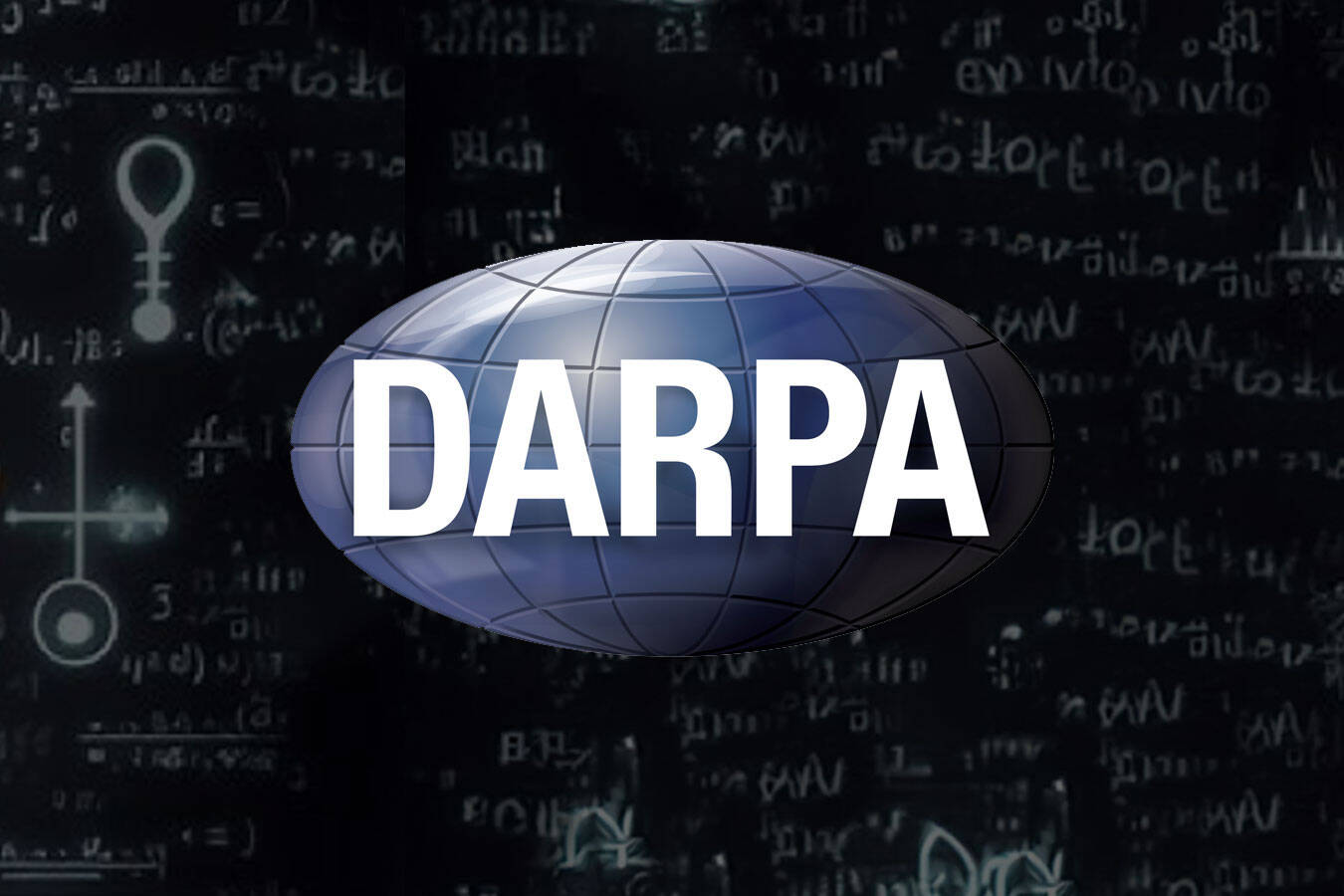solutions
Autonomous Systems
Knexus has been creating autonomous agents for its clients for over a decade in domains ranging from warzone bomb defusal and beyond-visual-range air combat to satellite and constellation control. Our focus has been on creating intelligent agents that take into account all of the complexities of realistic environments and the dynamic events that occur in them, all while trying to achieve their goals. Our agents have pushed the state of the art in planning, sensemaking, and reasoning algorithms due to the necessities of their environments — often having to deal with imperfect, temporal, and probabilistic information and states. Despite these complexities, our agents are designed to run in faster-than-real-time simulations on standard hardware.
Our customers often need extreme confidence in their ability to understand our agents’ actions in order to validate them for use since they require a certain level of determinism in their decision making without making them overly predictable. This requirement drove us to be one of the first to employ explainable AI techniques in our reasoning agents and led to our involvement as a member of the evaluation team in the DARPA XAI program. Knexus has also explored the concept of deception in autonomy, being able to both detect and exploit it in adversarial domains through the use of advanced theory of mind, recognition, and prediction algorithms.
Knexus strives to provide an extensible agent to its customers. We have developed modular frameworks for fine-tuning behaviors as well as the ability to swap out algorithms entirely as the needs of the client or domain shift. These frameworks have been delivered as well and integrated with government simulators to facilitate the creation of entirely new third-party agents.
Differentiators:
- We focus on trust through strict adherence to domain doctrine and explainable decision-making.
- We work in realistic domains that contain hidden and imperfect information, adversarial threats, dynamic events, and probabilistic outcomes.
- Our agents are integrated into state-of-the-art simulators, such as NGTS and AFSIM.
Use Cases:


solutions
Synthetic Data & Privacy
Knexus develops, evaluates, and delivers the tools and technology necessary to facilitate the safe adoption of cutting-edge solutions for data privacy. Our areas of expertise include privacy-preserving synthetic data generation, differential privacy, data quality audits, and reliable analytics for noise-infused data. Our main services are:
- Production System Development
- Privacy Science & Tech Consulting
- Research & Prototyping
- Evaluation of Privacy-Enhancing Technologies
Knexus provides parallelized and optimized AI-ML that consistently outperforms the competition on speed and at scale on real-world, messy, big data. Unlike research-grade synthesizers that only work on small problems, our solutions work on real-world, messy, data with hundreds of attributes and complex schema, including high-cardinality data and structural zeros, and work on millions of records while deftly avoiding the ML pitfalls of model overfitting on low-population-density subsets.
As technical leads on the National Institute of Standards and Technology (NIST) Differential Privacy Synthetic Data Challenge and Differential Privacy Temporal Map Challenge, we help the NIST design challenge problems, test data, evaluate metrics, and fairly apply comparative evaluation strategies on real-world, practical applications.
We protect individual privacy using innovative techniques, including statistical modeling and privacy-preserving machine learning. Our synthetic data generators create fully de-identified data that retains the key characteristics of your original data. This enables the Census Bureau to share the synthetic, privatized data with third parties safely and securely, and conduct analytics to effectively reach the same conclusions that users would with the original data.
Differentiators:
- Transitioning ideas from research papers to industrial-strength systems
- Assisting technical initiatives by combining privacy expertise with clear, accessible communication
- Applying rigorous research to advance the field of data privacy
- Ensuring confidence and reliability by providing broad coverage evaluations of Privacy-Enhancing Technologies (PETs) in challenging, real-world contexts
Use Cases:
solutions
Modeling & Simulation
Knexus develops purpose-built, lightweight, highly scalable simulations to enable machine learning, AI-driven decision automation, and system testing and evaluation. For instance, our simulations enable machine learning for satellite constellation management, ship behavior prediction, and evaluating the privacy of cellphone activity in active shooter situations.
We specialize in developing models at the most appropriate fidelity to efficiently meet the decision-making needs of the target application. We have developed a unique and powerful discrete-event simulation framework with reusable components for the rapid development of simulations. Our simulations can be easily tooled by end users to only generate the relevant data needed for the applications at hand, and are thereby, orders-of-magnitude faster than simulations that predominantly focus on realism using physics-based approaches. We develop application-specific simulations and relevant scenarios in days rather than the months it would take using conventional simulation approaches and engines. We have consistently demonstrated the effectiveness of our frameworks in a wide variety of applications, such as mine countermeasures, naval vessel traffic, combat logistics, cell phone activity in active shooter situations, and building evacuation.
Besides using our own frameworks, we also leverage and build on existing frameworks to dramatically improve performance, add new capabilities for AI and ML, and reduce the total cost of ownership for our customers. For instance, we integrated our tools with the U.S. Air Force’s AFSIM (Advanced Framework for Simulation, Integration, and Modeling) and the U.S. Navy’s NGTS (Next Generation Threat System) simulations to enable AI-based decision making and wargaming. To develop, test, and evaluate next-generation AI, ML, and autonomy, we build our simulations with game and physics engines, such as Torc, Unity, and Robotic Operating Systems (ROS).
Differentiators:
- Purpose-built simulators for AI, ML systems, and next-generation decision autonomy
- Fast, lightweight, scalable simulations for trustworthy, explainable AI
- Integration with legacy simulators that dramatically enhances them and reduces the total cost of ownership
- We can make custom, low-fidelity simulations, designed for the needs at hand, in a fraction of the time.
- We have experience integrating with existing complex simulation systems to add new capabilities for AI algorithms.
- Knexus has 15+ years of simulation-making experience, from high fidelity physics models to fast, discrete-event simulations.
Use Cases:


solutions
Testing & Evaluation
At Knexus, we know that AI testing and evaluation are a critical aspect of AI development. AI evaluation measures the effectiveness of an AI system, and it involves comparing the system’s outputs with expected results to determine its accuracy, precision, recall, and other performance metrics. AI evaluation helps gauge the quality of an AI system and provides insights into areas that need improvement. It involves assessing the performance, reliability, and functionality of AI systems to ensure that they meet specified requirements and behave as expected. AI testing is crucial for three reasons:
1. Helps identify and rectify errors or bugs in the AI system, enhancing its accuracy and reliability.
2. Verifies that the AI system can handle real-world scenarios and perform tasks effectively.
3. Ensures that the AI system is robust against adversarial attacks, thereby improving its security.
As AI systems become increasingly integrated into our daily lives and decision making, their reliability, accuracy, and security become paramount. Testing and evaluation ensure that these systems function correctly, make accurate predictions, and are safe to use. Moreover, they help build trust in AI systems, which is crucial for their widespread adoption.
Knexus tests and evaluates AI methods and software systems at individual-performer and research-program levels. We design evaluation methods and experiments, collect and prepare test data with crowd-sourcing techniques if appropriate, develop evaluation software, conduct experiments, analyze observations, and report findings.
Knexus has a proven track record of delivering these services to its customers, including the Naval Research Laboratory (NRL), the Office of Naval Research (ONR), the Office of the Secretary of Defense, and private companies, such as Tapestry, a Boeing Company. Knexus has a diverse portfolio of products and a reputation for unsurpassed service quality and performance, which is comparable to those of large corporations; however, with the cost footprint and agility of a small business.
Differentiators:
- Our comprehensive testing framework combines simulated environments, real-world testing data, and red team testing to ensure that the system is resilient under challenging conditions.
- We incorporate a Human-In-The-Loop approach, fusing human expertise with automated testing methodologies.
- Our iterative testing processes allow for ongoing evaluation and adaptation, ensuring continuous improvement in the AI system.
Use Cases:
AI Proficiencies

Approachable AI Solutions
Leveraging rapid prototyping and concept demonstrations technology without feeling overwhelmed or intimidated by technical barriers
Synthetic Data
Artificially generated data that mimics real-world characteristics for training machine learning models while preserving privacy & confidentiality
Demonstration & Evaluation Tools
Knexus’ approach allows users to interact with the solutions and give real-time feedback so the solution matches the need.
Differential Privacy
Concept aiming to protect individual privacy by introducing noise or randomness to statistical results without compromising overall accuracy
Machine Learning
Artificial intelligence that focuses on the development of algorithms enabling systems to learn patterns and make predictions from data.
Cognitive Agents
Intelligent entities that can perceive their environment, reason, learn, and interact with it, mimicking human-like cognitive abilities
Reinforcement Learning
Machine learning agents learn to make decisions by interacting with an environment and receiving feedback in the form of rewards or penalties.
Hierarchical Temporal Planning
Planning by organizing tasks into a hierarchical structure with temporal constraints, facilitating efficient decision-making in complex systems
Goal Reasoning
Ability of intelligent systems to set and pursue goals, allowing them to make decisions & take actions towards achieving desired outcomes
AI Prototyping
User generated content in real-time will have multiple touchpoints for offshoring capitalize on low hanging fruit to identify a ballpark.
Explainable AI
Developing artificial intelligence systems that can provide clear and understandable explanations for their decisions and actions
Large Language Models
Advanced natural language processing models capable of understanding and generating human-like text on a wide range of topics.










